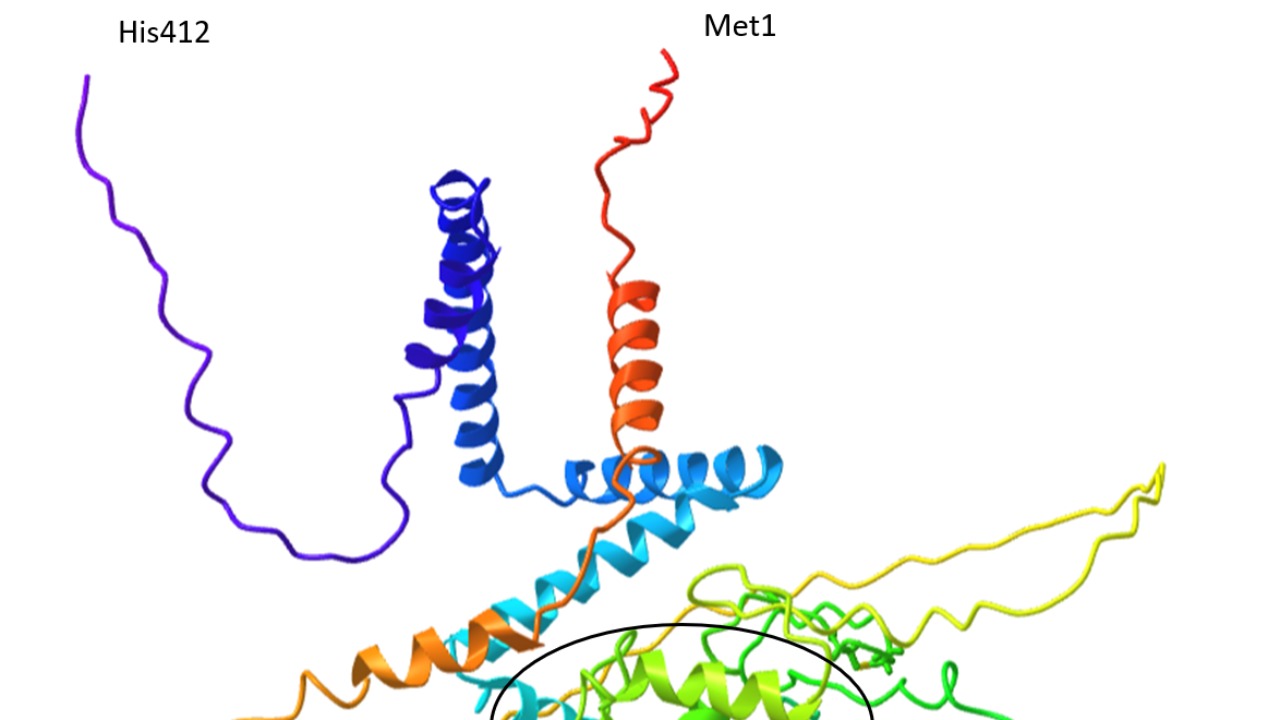AlphaFold, a transformative AI-driven tool developed by DeepMind, has revolutionized the field of structural biology by accurately predicting protein structures. This breakthrough holds significant implications for drug development, offering new opportunities for targeting diseases more efficiently and effectively. We explore how AlphaFold is opening new doors in drug discovery and development.
Revolutionizing Protein Structure Prediction

Understanding AlphaFold’s Technology
AlphaFold employs a deep learning approach that has significantly advanced the accuracy of protein structure prediction. Unlike traditional methods that relied heavily on experimental techniques like X-ray crystallography and cryo-electron microscopy, AlphaFold uses neural networks to infer the 3D shapes of proteins based solely on their amino acid sequences. This method dramatically reduces the time and resources required to predict protein structures, offering precise models that are often in close agreement with experimentally obtained structures.
Impact on Structural Biology
The implications of AlphaFold’s predictions extend beyond mere structure determination. By providing detailed insights into protein folding, dynamics, and interactions, AlphaFold enhances our fundamental understanding of biological processes. This knowledge is crucial for developing new drugs, as it allows scientists to identify and target specific protein sites with greater precision. The tool has already facilitated breakthroughs in understanding complex proteins that were previously challenging to study, thereby advancing the field of structural biology.
Comparison with Previous Techniques
Traditional protein structure prediction methods had several limitations, such as high costs, long timescales, and the need for extensive experimental data. AlphaFold surpasses these limitations by employing computational techniques that offer faster and more accurate predictions. This advancement is particularly beneficial in drug discovery, where understanding protein structures is key to identifying potential drug targets and designing effective therapeutics.
Accelerating Drug Discovery Processes

Streamlining Target Identification
AlphaFold plays a crucial role in identifying new drug targets by providing detailed structural insights into proteins associated with diseases. This capability allows researchers to pinpoint potential therapeutic targets that were previously elusive. By revealing the molecular architecture of proteins, AlphaFold aids in understanding their functions and interactions, facilitating the identification of novel targets for drug development.
Facilitating Drug Design
The ability to accurately predict protein structures has a direct impact on drug design. With precise structural information, researchers can design drug molecules that fit more effectively into target sites, enhancing their specificity and potency. This advancement not only reduces the time and cost associated with drug development but also increases the likelihood of success in clinical trials.
Enhancing Screening and Validation
AlphaFold’s predictions support high-throughput screening and validation processes by providing reliable structural models for testing drug candidates. This capability improves the efficiency and success rate of identifying viable drugs, as researchers can quickly assess the interaction between drug molecules and their target proteins. As a result, the drug discovery process becomes more streamlined and effective, leading to faster development of new therapeutics.
Expanding Therapeutic Possibilities

Addressing Protein Misfolding Diseases
AlphaFold’s insights are particularly valuable in understanding and targeting protein misfolding diseases. By accurately predicting the structures of misfolded proteins, AlphaFold has doubled potential targets for therapeutic intervention in conditions such as Alzheimer’s and Parkinson’s diseases. This advancement opens up new avenues for developing treatments that can address the underlying causes of these debilitating conditions.
Enabling Personalized Medicine
AlphaFold’s ability to predict individual protein variations is a significant step towards personalized medicine. By understanding how genetic differences impact protein structure and function, researchers can develop treatments tailored to the specific needs of patients. This personalized approach enhances the efficacy of therapies and reduces the risk of adverse effects, leading to better patient outcomes.
Innovations in Rare Disease Treatments
The potential for AlphaFold to uncover new therapeutic approaches for rare and previously untreatable diseases is immense. By providing insights into the structural basis of these conditions, AlphaFold enables the identification of novel drug targets and the development of innovative treatments. This capability is particularly important for rare diseases, where limited research and resources have historically hindered progress.
Collaborations and Future Prospects

Partnerships with Pharmaceutical Companies
Collaborations between AlphaFold and pharmaceutical companies are driving innovation and speeding up drug development timelines. By leveraging AlphaFold’s capabilities, companies can enhance their research and development efforts, leading to the rapid discovery and optimization of new drugs. These partnerships are crucial for translating AlphaFold’s predictions into tangible therapeutic benefits.
Open Access and Community Contributions
The open-access model of AlphaFold is significant in fostering global collaboration and advances in the field. By allowing researchers worldwide access to its predictive models, AlphaFold encourages community contributions and accelerates progress in structural biology and drug discovery. This democratization of data is vital for ensuring that scientific advancements benefit a broad range of stakeholders.
Future Challenges and Opportunities
While AlphaFold presents numerous opportunities for the next generation of drug discovery and development, it also faces future challenges. Issues such as scalability, integration with existing workflows, and the refinement of predictive algorithms need to be addressed. However, the potential for AlphaFold to transform the pharmaceutical industry remains substantial, offering new pathways for innovation and discovery.
Ethical and Regulatory Considerations

Ethical Implications of AI in Drug Development
The use of AI technologies like AlphaFold in drug development raises important ethical challenges, including data privacy and algorithmic transparency. As these tools become more integrated into the pharmaceutical industry, ensuring that they are used responsibly and ethically is paramount. Addressing these concerns will be crucial for gaining public trust and acceptance.
Navigating Regulatory Landscapes
For AI-driven drug discovery tools to gain widespread acceptance, navigating the regulatory landscapes is essential. Regulators need to develop frameworks that address the unique challenges posed by AI technologies, ensuring their safe and effective use in drug development. This process will require collaboration between industry, academia, and regulatory bodies to establish clear guidelines and standards.
Ensuring Equitable Access
As AlphaFold facilitates breakthroughs in drug development, ensuring that these advancements benefit diverse populations is critical. Efforts must be made to prevent exacerbating existing healthcare disparities and to promote equitable access to new treatments. By prioritizing inclusivity and diversity, the benefits of AI-driven drug discovery can be more broadly distributed.